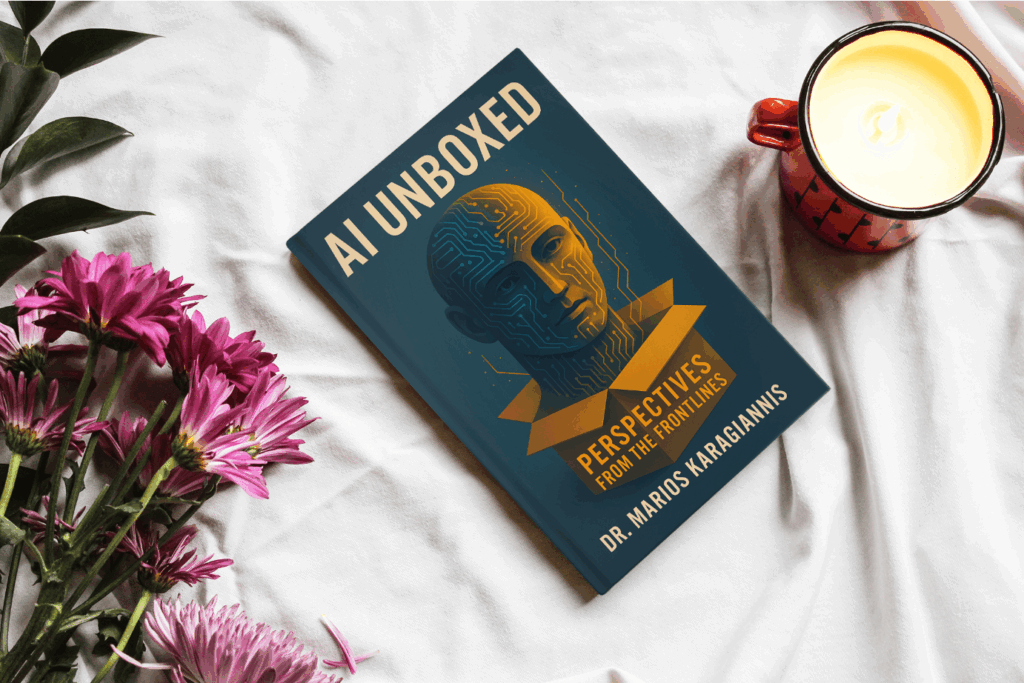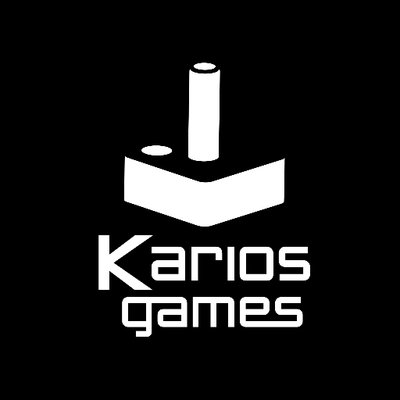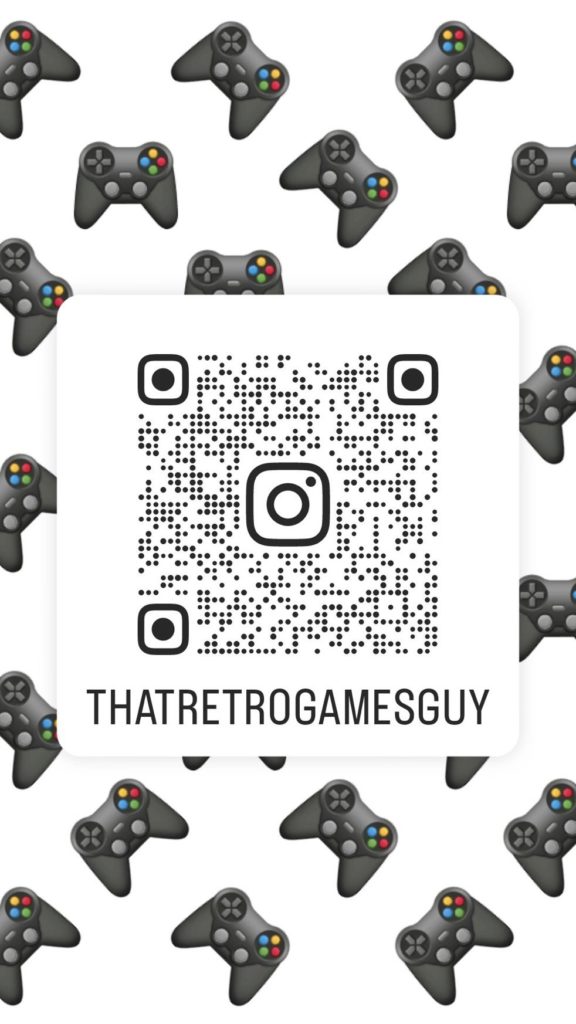We are sorry to inform you guys that we have received a Takedown Letter from Norris McLaughlin & Marcus, P.A. Attorneys at Law, on behalf of the Tetris Company asking us to remove Tetrada from the Marketplace because they say it looks too similar to their game and violates the copyright of Tetris (TM). Here I would like to state that I have never used the Tetris(TM) Logo in my game and the game name, Tetrada, is a greek word that means “four of a kind”. The game was a puzzle game using tetrominoes pieces, in a way that, according to my knowledge, has no patent. Also in my knowledge, the Tetris knowledge only holds a copyright on the Tetris (TM) name, which I never used and the Tetris Logo which I never used either.
The same takedown notice was sent to the developers of Tetris 7 (makes sense since it uses the word Tetris which is copyrighted) and Metris.
Since I am a lone developer, student and of limited financial means, I decided to remove the game from the marketplace as requested. This will take a few hours to process.
At this point, I would like to say that this has gone far enough with the Tetris Company bullying as small developers, with no way to fight back, with regards to tetrominoes game. This has been done for iOS and Android in the past. In my opinion, gameplay cannot be copyrighted and in the Lotus vs Borland case where Lotus sued Borland for their menu structure in Quattro Pro being “too similar” to their own Lotus 1-2-3 menu structure, the result was in favor of Borland. I extend an open invitation to other developers from the iOS platform, the Android platform as well as anyone else who has dealt with this behavior in the past to contact me and see if we can do something about it together.
It’s a good thing MonsterUp is not similar to any game that likes bullying developers too.
So long Tetrada!
update: since there is a heated discussion about this on slashdot, I though it would be a good idea to state some facts here as I did there.
I’ve read every single one of the comments (so far). The issue here is not me not being original. I know I wasn’t. The issue is if I (and many more) are breaking the law. Did Pro Evolution Soccer break the law when they made a game oh-so-similar to the Fifa series? They were careful enough not to include players and teams names that had a copyright, but the gameplay followed the rules of football (or soccer for my US friends), which have not copyright and could not have any. And the shape of the ball was the same in both games. And Kick Off 2 .And Sensible Soccer. Oh my god, the non-original senseless clowns.
If my game was better or worse, or if it brings anything new to the “original” is for the customers and the market to decide. Some reviewers said that it was in fact better because it played better and it felt better to them. But all that is irrelevant. If you ask me, it was a better implementation in this version, and I was preparing some never-before-seen game modes for the next version. Will anyone get to see the innovation apart from me? No. Would I be breaking the law when I would bring original gameplay modes in the mix? I would still be using tetrominos, but for anyone over 12 it is known that tetrominos (like dominos, trominos, pentominos, hexominos etc) were NOT invented by Tetris, were not used there for the first time and while Tetris is copyrighted as a word, other words that derive from the word tetromino are not all copyrighted by this fact.
Quoting wikipedia (http://en.wikipedia.org/wiki/Polyomino):
“Polyominoes have been used in popular puzzles since at least 1907, and the enumeration of pentominoes is dated to antiquity. Many results with the pieces of 1 to 6 squares were first published in Fairy Chess Review between the years 1937 to 1957, under the name of “dissection problems.” The name polyomino was invented by Solomon W. Golomb in 1953 and it was popularized by Martin Gardner.”
“The word polyomino and the names of the various orders of polyomino are all back-formations from the word domino, a common game piece consisting of two squares, with the first letter d- fancifully interpreted as a version of the prefix di- meaning “two”. The name domino for the game piece is believed to come from the spotted masquerade garment domino, from Latin dominus. Most of the numerical prefixes are Greek. Polyominoes of order 9 and 11 more often take the Latin prefixes nona- (nonomino) and undeca- (undecomino) than the Greek prefixes ennea- (enneomino) and hendeca- (hendecomino).”
So clearly, the names were used long before Tetris. I can agree that Tetris is a make-believe word that uniquely characterizes this game. That is why I did not use this word, and chose to use a greek dictionary word, Tetrada. My other game, MonsterUp, was inspired by Doodle Jump on the iOS. If you saw v1.0, it was somewhat similar as well. By v.1.3 (I am releasing 1.4 these days) it has transformed to something unique and innovative. All games are inspired by some other game, save for a selected few. Are all these games illegal and immoral? Improving on current designs IS a way of innovation. Angry Birds did it successfully (improving on Crush the Castle) and everyone cheered! Worms “ripped off” Scorched Earth. Every FPS out there “stole” from Wolfenstein 3D and the list goes on. Wake up, the Tetris Company is using their money to pay lawyers to maintain a monopoly on tetromino puzzle games. That is the end of it.
update 2:
Ok let’s see if I understand things correctly. I am quoting from a very nice article about all this . I think that the author descibes things pretty clearly and they match with my understanding of the terms used.
Let’s start with trademarks.
A trademark is anything used in commerce to associate a product or service to its legal entity of origin (this can be an individual, organization, or company). A trademark can apply to a word, name, symbol, device, and even a sound (USPTO). One common example of a very simple, but clearly recognizable trademark is Nike‘s logo. Trademark rights prevent outside vendors from using identical or “confusingly similar” marks on their merchandise to sell their products (USPTO). Trademark rights do not, however, “prevent others from making or selling the same goods or services under a clearly different mark.” Under this definition, did I violate TTC’s trademark? Or did I publish a similar game under a different name? It is also unclear how dissimilar a tetromino game name must be to the word TETRIS.
Some believe that the trademark covers the TETR prefix. But the term “tetromino” and the prefix “tetra” (meaning four) which predate Tetris, also contain TETR. This issue has also never been settled in court. My game was named Tetrada, which I am willing to change if it (in a legal sense) confuses people into believing that I am affiliated with TTC, which I AM NOT.
Let’s move on to Patents.
A patent is an intellectual property right that grants an inventor the “right to exclude others from making, using, offering for sale, or selling” an invention (USPTO) for a period of up to 20 years. When a patent expires, the invention pases to the public domain. Essentially a patent authorizes a temporary monopoly on a novel idea. The purpose of a patent is to benefit society by 1) encouraging innovation that will improve the quality of life and 2) establishing a process by which inventions pass to the public domain.
The first stage of patent rights rewards the inventor. Lets say I discover a drug that treats symptoms of autism spectrum disorders, and that I successfully apply for a patent. Knowing the demand of such a product, and that I will be its sole manufacturer for the next 20 years, I set a high price. What happens? Wealthy patients flock to their doctors to secure a prescription, and I profit greatly. Meanwhile, success stories pervade the media. Pharmaceutical companies begin to prepare for the day when they can get their hands on the formula, and autism patients gain confidence in the treatment.
The second stage of patent rights opens the market and brings the invention to the general public. When my patent expires, the formula of my drug is made public. At this time any third party is free to step in and replicate, refine, and distribute the formula. The result? New competition, new implementations and improvements to my formula, increased supply, lower prices, and higher accessibility of the product to the general public. Now families that could not afford the original drug can buy “knock-off” brands that use the same formula to treat symptoms of autism spectrum disorders. All in all, the inventor enjoys her day in the sun, and society benefits by being introduced to an invention that improves many people’s lives. Novel and non-obvious inventions or discoveries are patentable.
The game concept of Tetris was once patentable. However, because it was never patented, it now lies in the public domain. Moreover, had Pajitnov patented Tetris at the time of its invention (1985), by now (23 years later), his patent rights have expired. What this means is that no legal framework currently protects the replication, improvement, or sale of Tetris game mechanics and rules.
What does this mean for “Knock-off”, “Home-Made” or Tetris “Clones”?
First off, lets call them “Tetromino games” so we don’t cross over into the Trademark argument. The answer is that ANYONE can freely and legally create a Tetromino game with identical game play and rules as the original Tetris, provided that he uses his own codebase, art, and music. Which is what Tetrada was.
A Tetromino is a geometric figure composed of four, square sub-units that are connected orthogonally. There are five unique configurations of tetrominoes referred to as the L/J, S/Z, I, O, and T pieces because they resemble these characters of the Roman alphabet. You might be familiar with the term Domino, a geometric figure comprised of two square subunits connected orthogonally. Also in existence are “pentominoes” (five) and “polyminoes”(more than one; many). Pentomino is a puzzle game that consists of arranging different configurations of pentominoes into rectangular boxes of varying sizes. In 1985 Alexey Pajitnov invented Tetris, a computer game derived from his favorite puzzle game, Pentomino. Most likely, Pazitnov used tetromineos in place of pentominoes for simplicity’s sake.
In Tetris, randomly ordered tetrominoes descend from the top of a grid at a constant speed. Players must arrange these “falling” pieces on the grid through rotation and translation. Once a piece hits the “ground”, it locks into place. When a complete horizontal row of the grid is filled, the row is cleared and the player is awarded points. Players can change the acceleration of the pieces to win more points. The object of the game is to gain as many points as possible before reaching the top of the grid. What I just described is the game concept of Tetris. The only intellectual property right that protects a game concept is a patent. If Alexey had not been living in the Soviet Union at the time of his invention, he might have patented the Tetris game concept. However, he was living in a time and place where private business was outlawed and the idea of intellectual property did not exist. The BBC documentary entitled Tetris, From Russia with Love describes the atmosphere of Russia in 1985 as a place where “individual ideas were owned by the state and were to be shared among everyone.” So, Alexey put Tetris on a disk and shared it with his friends. Tetris spread throughout Russia, and then to Hungary, and then to the rest of the world.
And finally, let’s move to copyright, which is the meat of the discussion, since the takedown letters are on the grounds of copyright alone.
Copyright does not protect the idea for a game, its name or title, or the method or methods for playing it. Nor does copyright protect any idea, system, method, device, or trademark material involved in developing, merchandising, or playing a game. Once a game has been made public, nothing in the copyright law prevents others from developing another game based on similar principles.
Copyright protects “original works of authorship including literary, dramatic, musical, artistic, and other intellectual works“. The words in a book, the lyrics to a song, the sequence of notes in a song, and a movie script are copyrightable. I can’t steel these works of art and publish them under my name. Computer programs, to an extent, are literary works. The source code of a computer program is copyrightable. What language you use and your architectural decisions are uniquely yours, and can be protected under copyright law. The function of a program, however, is not copyrightable. If the function of a program were copyrightable, we would be left with one email client, one document processor… one everything, and the world would be a terrible place. The Tetris Company owns a copyright of its source code and of certain audiovisual effects of Tetris.This means that I can’t hack into the Tetris Company’s codebase, and copy-and-paste it into my own program. Nor can I steel their music and graphic files and insert them into my program.
However, I can create my own game (using my own source code, music, and graphics) based on the unpatented Tetris game idea and distribute it publicly. Which is what I did.









